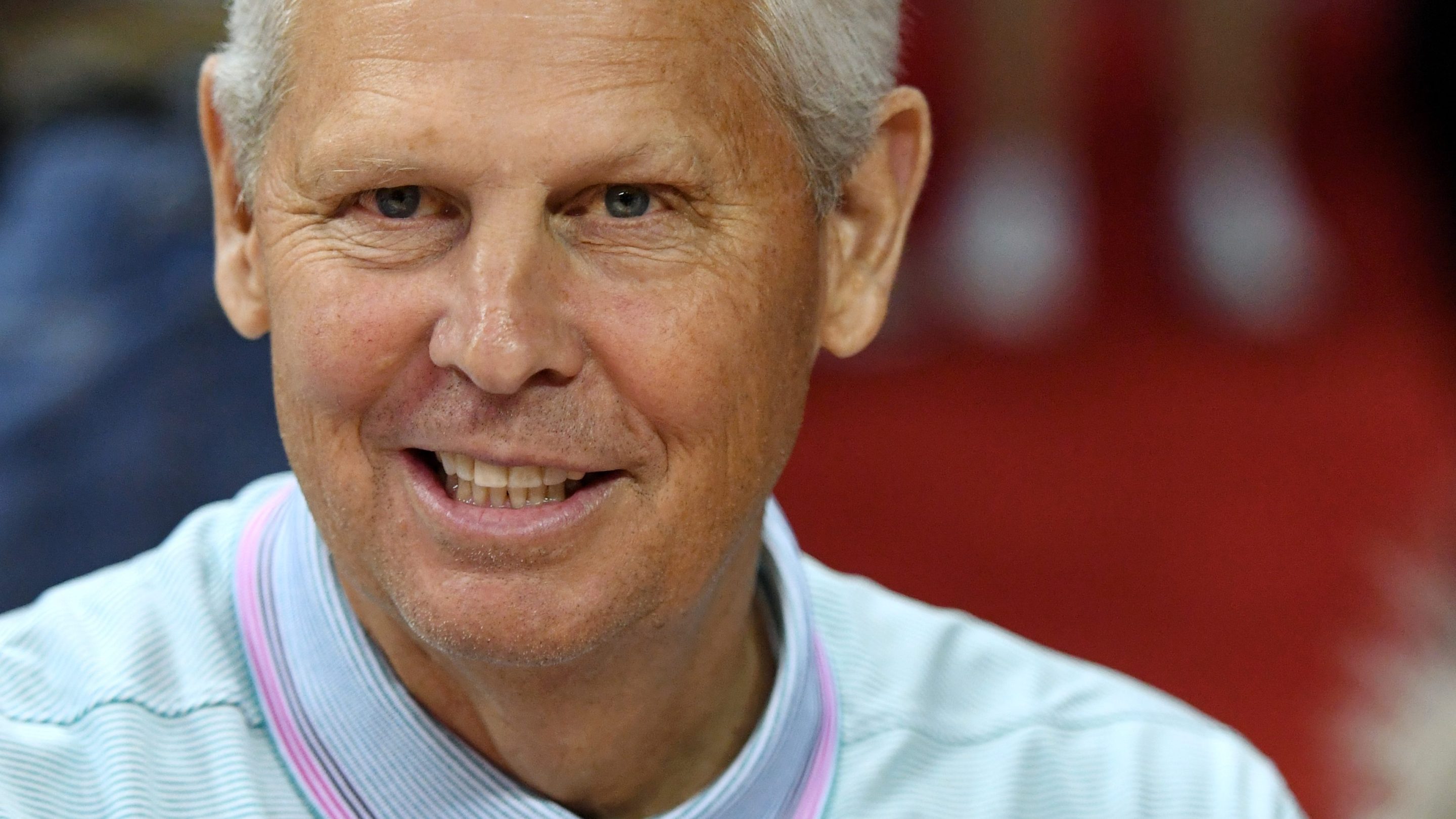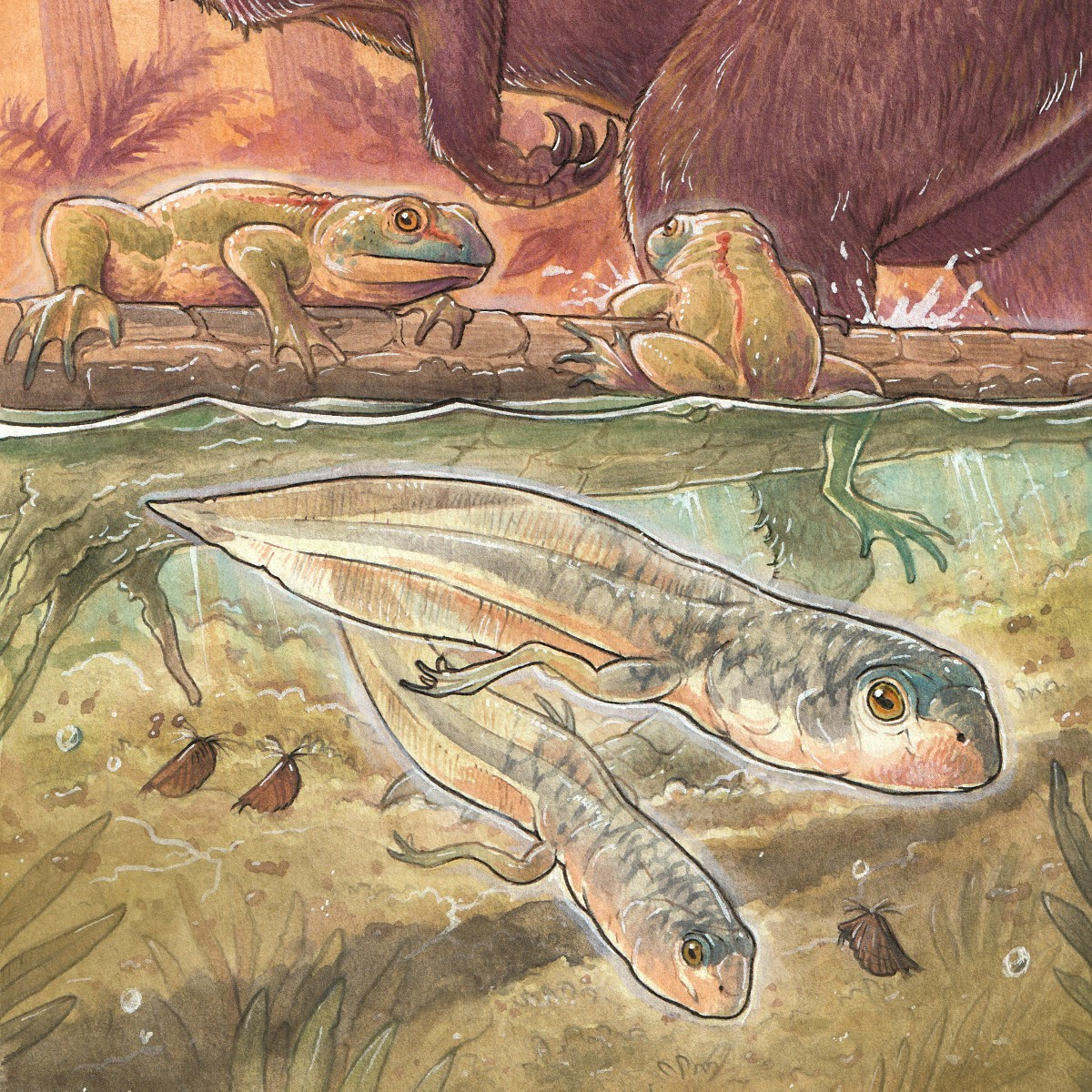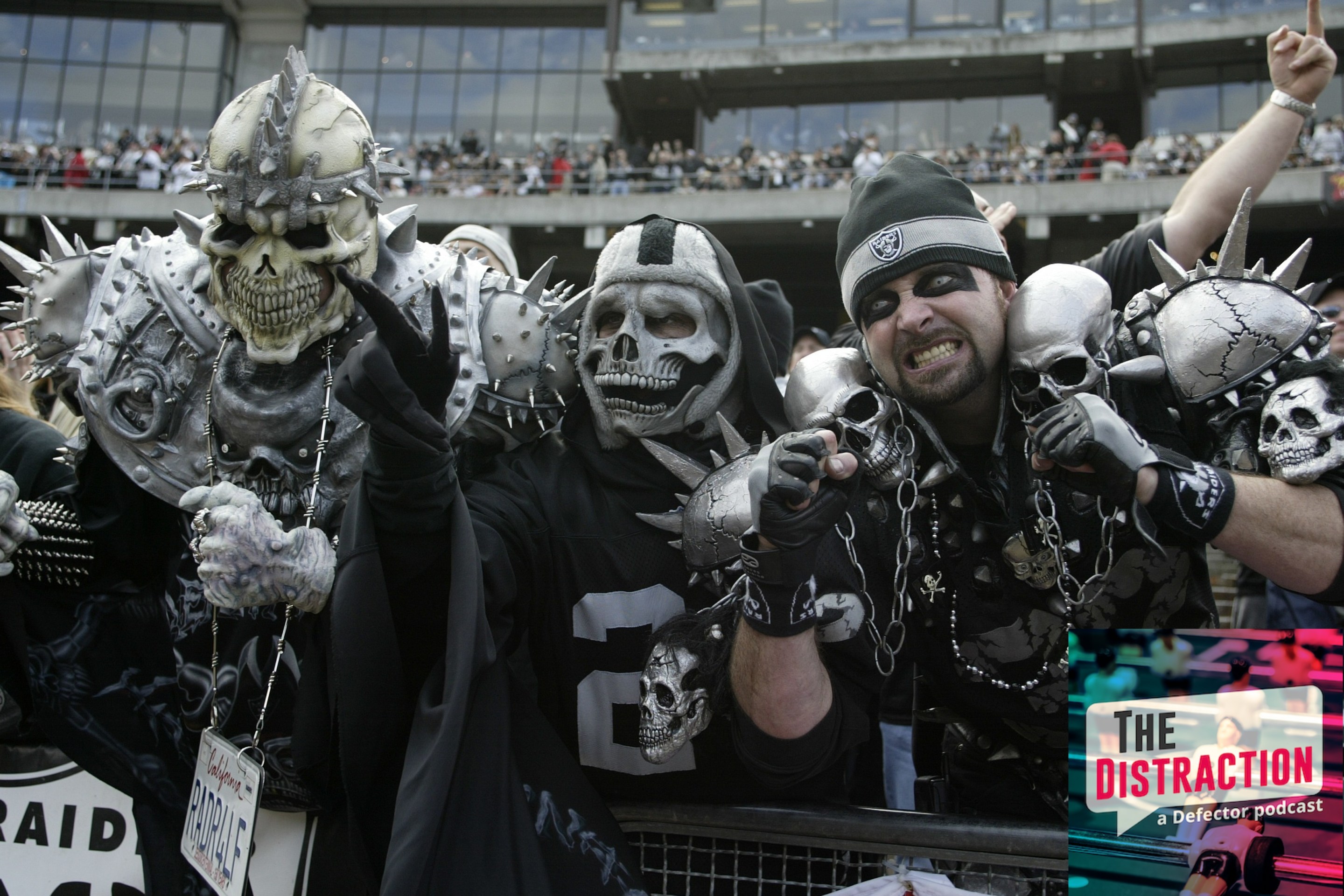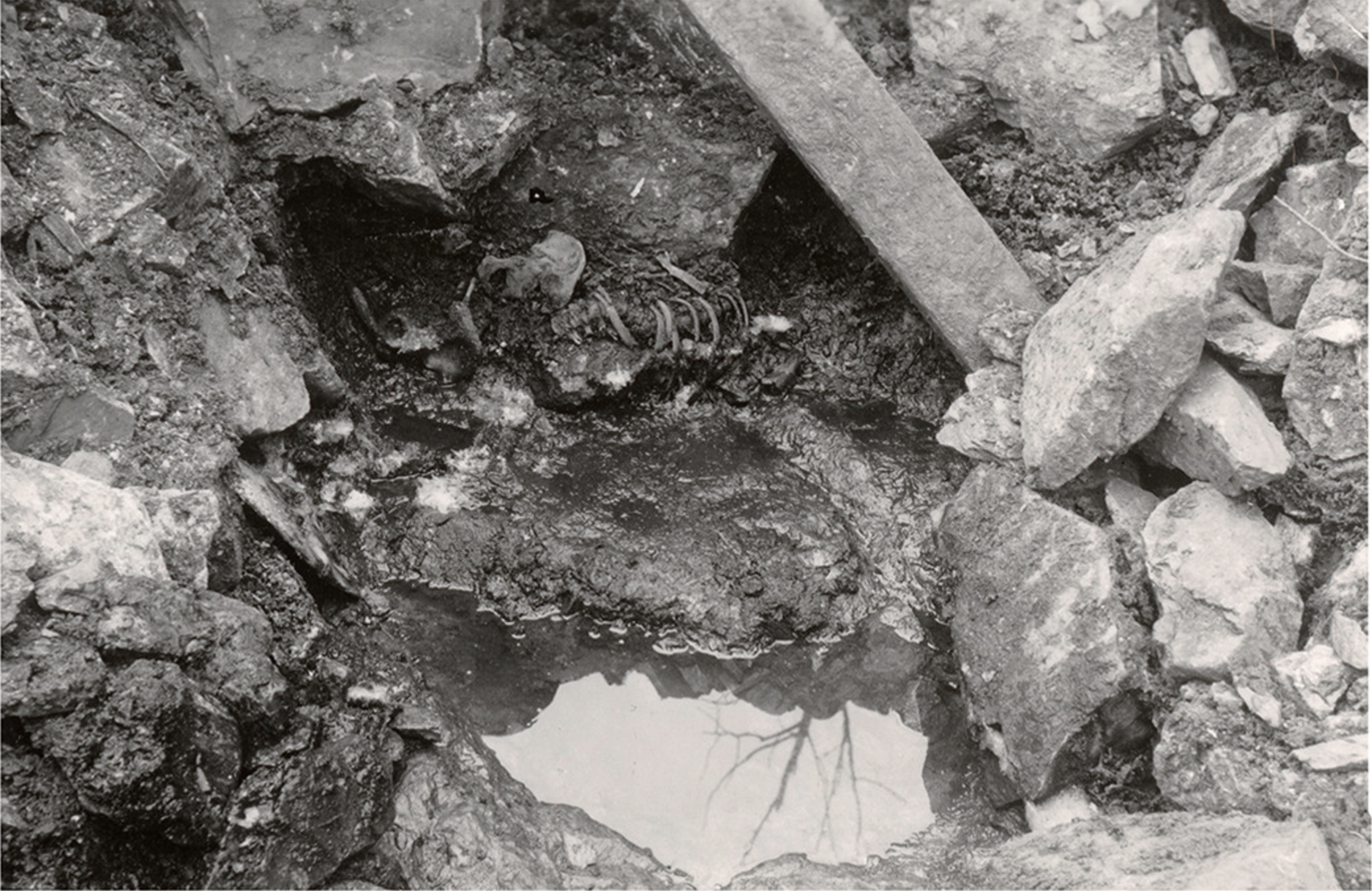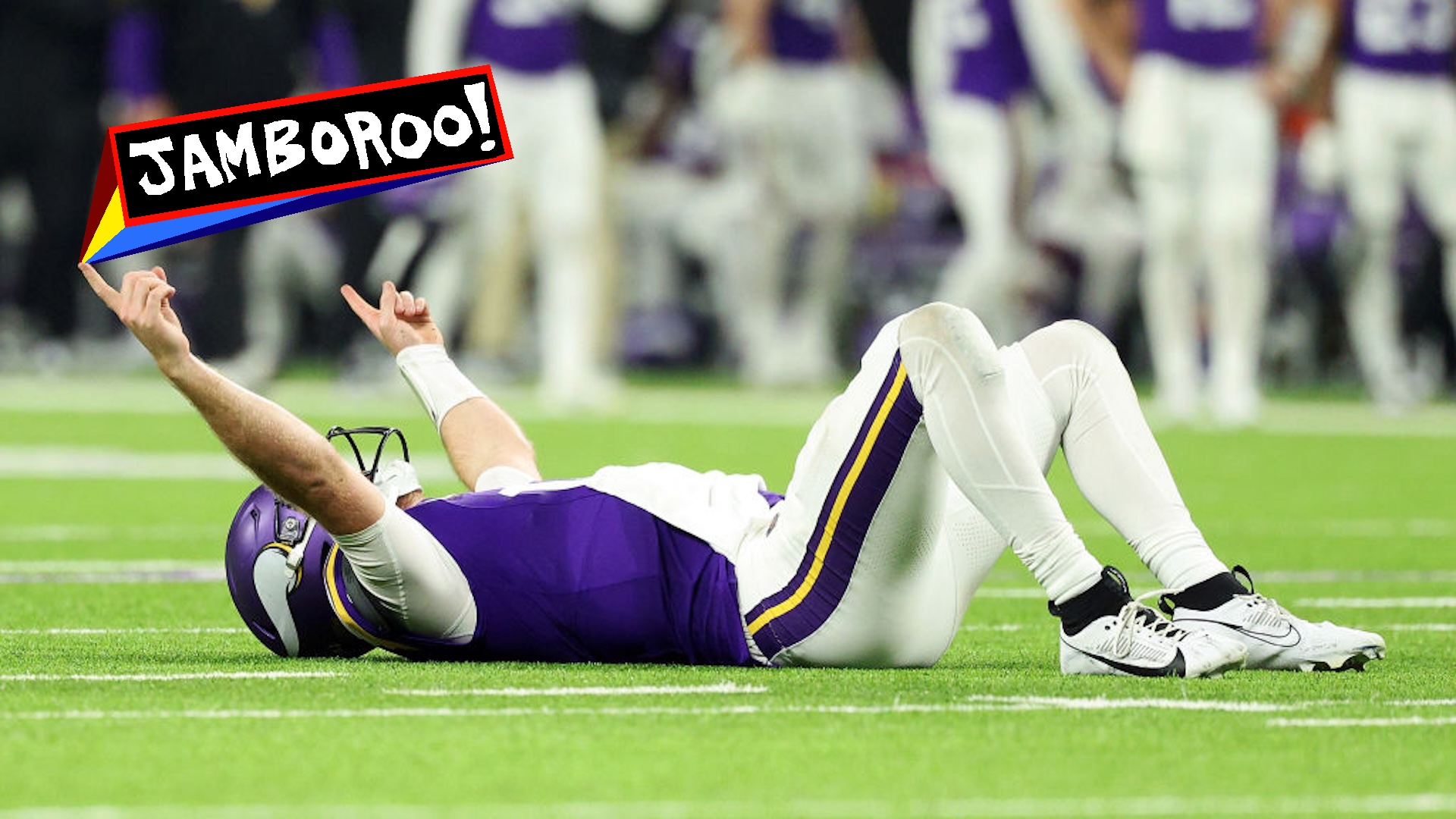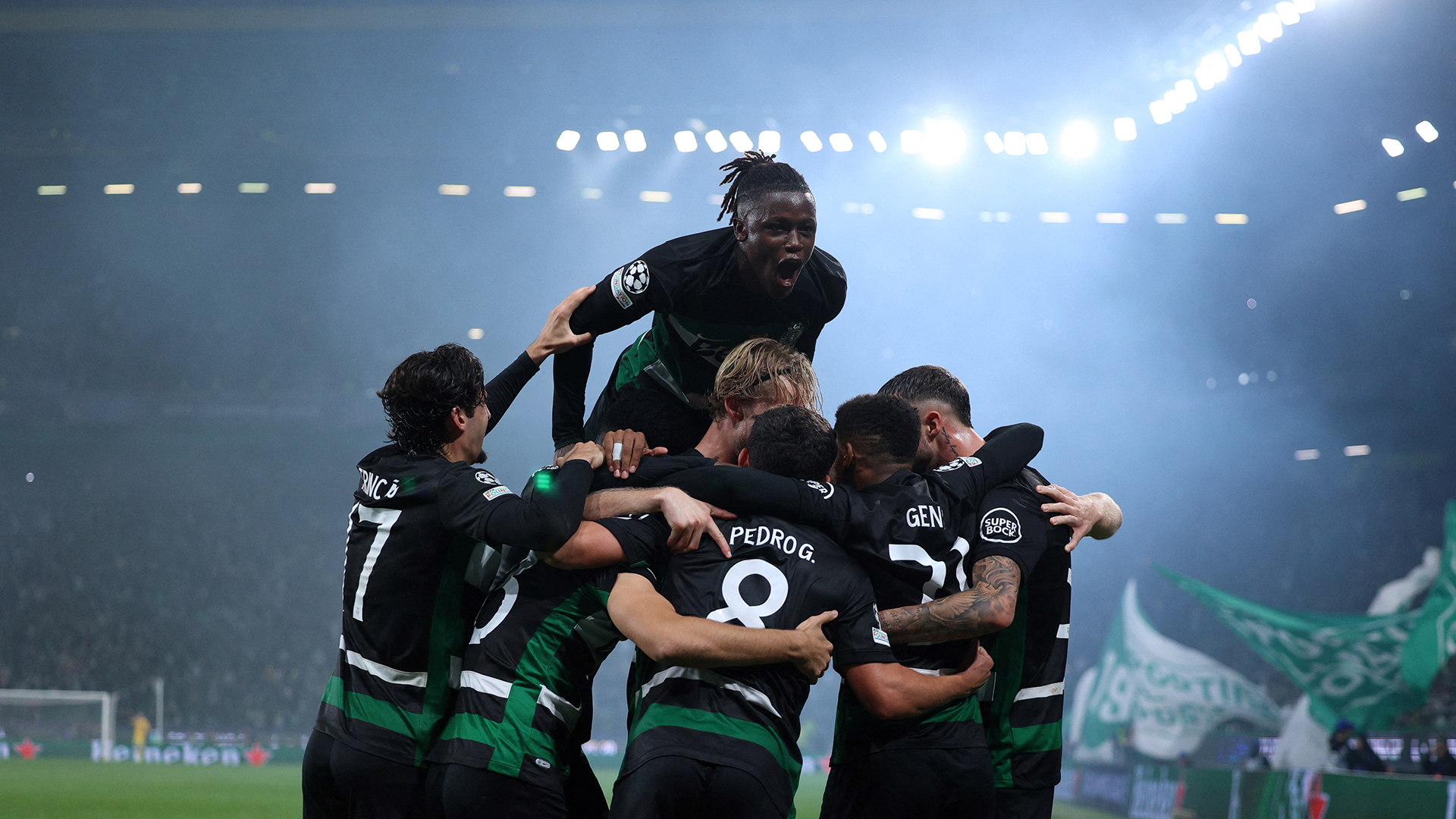The trade deadline was approaching in February of 2017, and Jimmy Butler, then on a run of three straight all-star and all-defense selections with the Chicago Bulls, was extremely available. He'd been disgruntled for a while, and drew a fine and a one-game removal from the starting lineup in late January for publicly dogging his younger teammates. So was Paul George, who'd by that point in his career made four all-star teams, three all-defense teams, and three all-NBA teams for the Pacers: He was a year-and-a-half from free agency and word had gone around that wasn't going to sign an extension to stay in Indiana, putting pressure on the Pacers to deal him or risk losing him for nothing.
The Boston Celtics were the obvious favorites to acquire either, or both. They'd been lurking right behind the defending champion Cleveland Cavaliers all season despite an underpowered roster getting all its dynamism from slightly past their prime Al Horford and Isaiah Thomas; to contend for the championship they'd pretty clearly need, and pretty clearly didn't have, the kind of big-time two-way star out on the wing who could occupy LeBron James at both ends of the floor across the inevitable playoff confrontation. Now here were two great ones, in the early prime of their careers, and for various reasons likely available for a relative bargain. Plus, the Celtics had been sitting on a hoard of valuable draft picks and/or young players with trade value since at least 2013, when team president Danny Ainge offloaded Paul Pierce and Kevin Garnett onto the flailing Brooklyn Nets for three first-round picks, a pick swap, and flotsam; the Nets sucked shit, and those picks were going to be extremely valuable for whoever eventually used them. Beyond that, the Celtics were the favorites because of Ainge himself: because he'd swung the gargantuan trades for Garnett and Ray Allen in the summer of 2007 that overnight transformed a dogshit bottom-feeding Celtics team into the very next season's champions; because he'd even traded head coach Doc Rivers for an unprotected first-round draft pick in the summer of 2013; because of the incredible haul he'd gotten from the Nets for Pierce and Garnett right before both of them washed up; and because if those latter two trades would ever transform the franchise on the court the way the former had, then at some point they'd have to six-degrees-of-separation their way to something truly special.
And beyond that, the Celtics were the favorites because in the summer of 2014, coming off a truly miserable 25-win campaign and with that nest-egg of draft picks still fresh beneath him, Ainge hadn't traded for Minnesota's Kevin Love, then a 25-year-old three-time all-star and two-time all-NBA honoree, despite pursuing him for weeks if not months; Love wound up in Cleveland instead, and helped LeBron win the 2016 championship. Ainge (or anyway "NBA sources" who spoke to the Boston Globe's Gary Washburn) had a fun excuse for that one: He'd fleeced the Timberwolves so badly in the '07 Garnett deal that they'd set a sky-high asking price for Love, in order to avoid a repeat of that humiliation. This was neat, failure dressed up as overabundance of success, something like the basketball personnel equivalent of claiming the antique credenza for twice its value on the insurance forms after the house fire burns it up. And because in the summer of 2015, Ainge had talked openly of his intention to cash in some of his team's abundance of draft picks and move up in the first round to grab a future star, and then didn't, and then blamed it on the Charlotte Hornets asking for too much.
So this had to be it. Paul George or Jimmy Butler, or both, would be the truly worthy prize(s) for which he'd wisely held out. Only he didn't trade for either of them. The Pacers were asking for too much; the Bulls were not, and Ainge could have had Butler if he wanted, but uh he was worried about Butler's fit next to summer-of-2017 free-agency target Gordon Hayward (a worse player who wasn't on the Celtics yet). He also didn't trade for New York's Carmelo Anthony (the asking price was too high) or Kristaps Porzingis (the asking price was too high). He also didn't get Sacramento's DeMarcus Cousins, whom the New Orleans Pelicans acquired for half a song, and whose bid his war-chest could have surpassed four times over—because, you see, he was too focused on getting Jimmy Butler, whom he didn't get.
This was a fun pattern. A pair or trio or quartet of teams would make a blockbuster deal, and the Celtics would not be one of them, and then anonymous league sources—let's call them "Daniel Doe," or, no, wait, let's call them "John Ainge"—would tell an NBA access merchant that Ainge could have made the trade, wanted to make the trade, but was foiled by the haste or ludicrous player valuation of others. Or a useful veteran player reportedly available for trade would stay put at the deadline, and an access merchant would report minutes or hours later that Ainge had made a truly breathtaking offer, a Godfather offer, an offer you couldn't even look directly at or its glorious radiance would blind you instantly—several of them! God how he tried!—and those dang unreasonable idiots had refused it, dooming themselves for all time.
In the meantime, Ainge made several unambiguously good or at least perfectly defensible moves. The Isaiah Thomas-for-Kyrie Irving trade in the summer of 2017, after those valiant underpowered Celtics lost the conference finals in five games to LeBron and Kyrie's Cavaliers, didn't work out the way either team had hoped, but it turned an aging player on the precipice of professional collapse into a younger and better one the Celtics would have a chance to keep for the duration of his prime. They blew that last part, but certainly got more out of Irving than they would have from Thomas, whose hip problems effectively ended the productive part of his career immediately after the trade. The Gordon Hayward signing didn't work out the way anybody hoped—and there's certainly room to question Ainge deferring to coach Brad Stevens's preference for Hayward if it's the reason the Celtics didn't trade for either Butler or George, vastly superior players even before Hayward's gruesome ankle injury—but the Celtics under Ainge targeted a coveted free-agent and got him, and that's something. He drafted Jaylen Brown, an extremely good young two-way wing, third overall in 2016 (and then Washburn reported that he'd wanted to trade the pick for an established veteran, and had opportunities to do it, but prudently did not, because everybody's asking prices were too high); he not only drafted superstar Jayson Tatum third overall in 2017, he got the Philadelphia 76ers to pay him in draft picks for the privilege of swapping picks and drafting instant lemon Markelle Fultz in Boston's spot.
But two things never happened. First, the long-awaited big move promised, and inflated, by all those prior unmade ones never came. Kawhi Leonard decided he wanted out of San Antonio after the 2017-18 season; the Spurs traded him to Toronto for a return that made them definitively worse and lowered their ceiling for years to come—and reports emerged that the Celtics could have had him, and passed. Anthony Davis grew disgruntled in New Orleans and announced he wanted out midway through the 2018-19 season, and for a while the story was that this, this, finally, was not only the big move Danny Ainge would make, but was in fact the checkmate he'd been setting up for years, the opportunity that explained all the previous ones he'd refused. He'd been saving his assets for this moment. Why, it would be just like the Kevin Garnett trade. A once-in-a-generation talent, a seven-foot two-way superstar who'd grown sick of playing losing basketball in an NBA backwater with no winning tradition, and Danny Ainge, swooping in with a trove of carefully cultivated bargaining chips to pry the lad free, and the glories of the Celtic Way to help him reach new professional heights and make him a Celtic for life. The Pelicans stiff-armed offers from Boston's hated rivals, the Lakers, all through the 2018-19 trading season so they could field Ainge's best offer the following summer, all but rolling the red carpet out for him—but the trade never happened. Davis didn't want to play in Boston and wouldn't re-sign there. The Pelicans sent him to the Lakers for a bucket of young players and draft picks. Ainge traded Terry Rozier and a second-round pick to Charlotte for Kemba Walker.
The other thing that never happened is that the Celtics never improved. LeBron left the conference after the 2018 Finals; the Raptors, who traded for Leonard that summer, were ready to pounce into the vacuum, and won the 2019 championship. The Celtics melted down in the second round. Last season, for the second year in a row, a team featuring the superstar Danny Ainge didn't trade for—this time Davis, on the Lakers—won the Finals, in six games, over the Miami Heat, led by the other guy he didn't trade for, Jimmy Butler. The Celtics made the conference finals again, the third time under Stevens, but couldn't get over the top.
Up to a point that can be attributed to bad luck. Nobody could have known Hayward would suffer a career-altering injury less than six minutes into his first regular-season game as a Celtic. Nobody could have known—at least, uh, not for sure!—that Irving would be a weird, bad, unhappy fit in Boston, and retract his publicly stated promise to sign a contract extension there. Nobody could have known Jaylen Brown would miss big chunks of this season as well as the team's brief playoff run. Maybe Ainge had reason to believe that Davis would want to be a Celtic, and then at the last second Davis just went, "sike," abruptly foiling a years-long scheme. There's probably an alternate universe out there in which Ainge traded the farm for Leonard, the Celtics made the 2019 Finals ... and Kevin Durant and Klay Thompson didn't suffer catastrophic leg injuries, and the Golden State Warriors won their third straight championship, and then Kawhi left for Los Angeles in free agency. (That universe may be governed even more heavy-handedly by irony than this one.) And, however disappointing they've been this season—and they have been—the Celtics seem in fine shape overall, constructed around the splendiferous gifts of Tatum and Brown, two young and likable exemplars of the most valuable and hardest-to-find player type in modern basketball, the stud two-way scoring wing. Nobody could claim with a straight face that Ainge hasn't done a great job in Boston.
Still, those near misses, the bad breaks the Celtics suffered and the lucky ones that delivered rings to Toronto and Los Angeles—those are arguments against Ainge's repeated choice to pass up all those many chances to make the big move. A team led by Isaiah Thomas and Al Horford needs a hell of a lot more luck than one led by those two and Jimmy Butler, or by Kyrie Irving and Kawhi Leonard, to get to the mountaintop one time. That's as many times as the Raptors got there, and I don't think anyone in Toronto would trade that for any number of 47-win seasons that end in the second round. It's as many times as the fabled Garnett and Allen trades took Boston to the promised land, for that matter, and Ainge has been dining out on those for 13 years.
In any event, the leap Ainge steadfastly refused to make via transaction his Celtics, all those precious youths he wouldn't part with in exchange for Leonard or Davis or Butler or George or Porzingis or Love, likewise couldn't deliver on the court. They got eliminated by the Nets Tuesday night, in the fifth game of their first-round series—Irving finished a game-high plus-23 for Brooklyn—and Ainge responded with his biggest personnel move in years: He announced his retirement.
